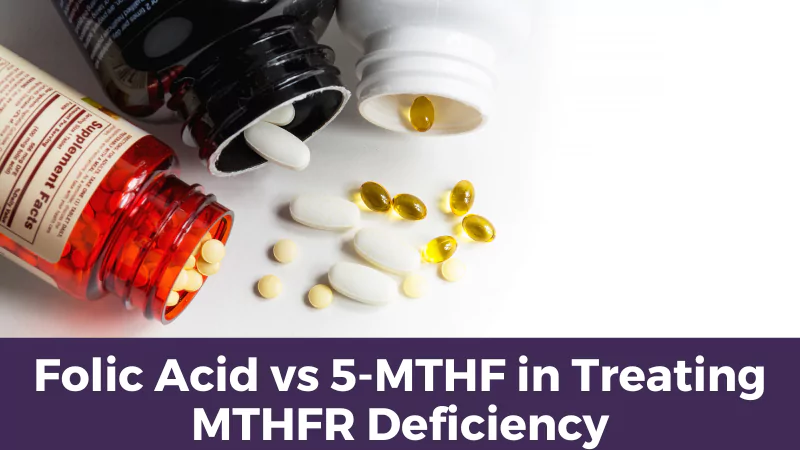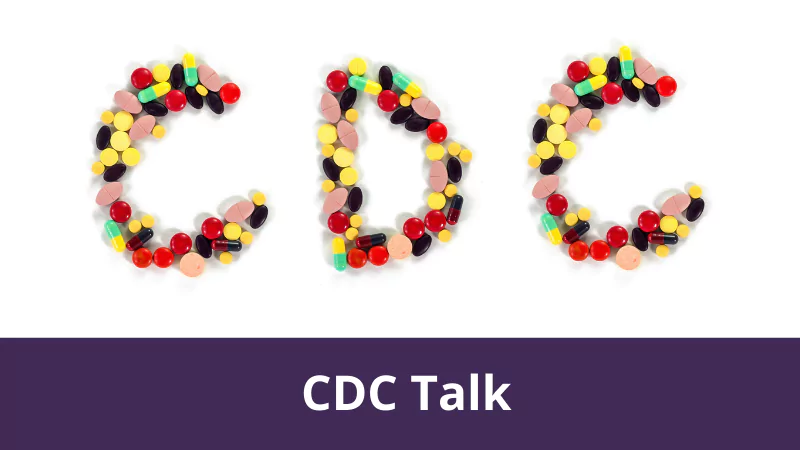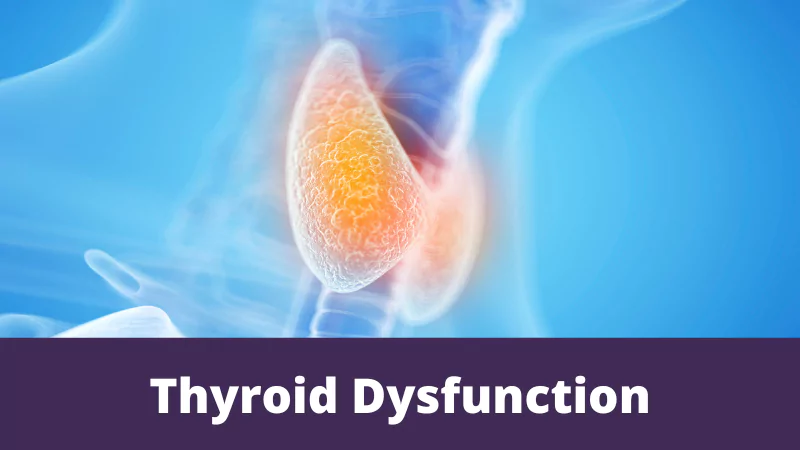Welcome to our health and wellness blog! Today, we’re diving into a topic gaining attention in the health community: detoxification for individuals with MTHFR genetic variations. If you’re exploring detox options and have an MTHFR variant, this guide is for you. We’ll explain how MTHFR affects detoxification and share tips on tailoring your detox journey to your unique genetic makeup.
Understanding MTHFR and Detoxification
What is MTHFR?
MTHFR, or methylenetetrahydrofolate reductase, is an enzyme critical for a process called methylation. Methylation is involved in numerous bodily functions, including detoxification. Some people have variations in the MTHFR gene, which can affect the efficiency of this enzyme, impacting how the body processes certain vitamins and toxins.
MTHFR and Its Impact on Detox
People with MTHFR variations might have a reduced ability to detoxify certain substances. This is partly because these variations can lead to lower levels of a key molecule called SAMe (S-adenosylmethionine), which is vital for detox processes. Additionally, MTHFR variations can affect how the body metabolizes folate and homocysteine, two compounds crucial for overall health and detoxification.
Detox Considerations for MTHFR Variations
If you have an MTHFR variant, here are some tailored considerations to enhance your detox experience:
1. Folate Intake
– Opt for Natural Folate: Since MTHFR variations can affect folate metabolism, focus on consuming natural folates found in leafy greens, legumes, and citrus fruits.
– Be Cautious with Folic Acid: Synthetic folic acid, commonly found in supplements and fortified foods, may not be as easily processed by those with MTHFR variations and make cause adverse health effects.
2. Support Methylation
– B-Vitamins: Ensure adequate intake of B-vitamins, especially B6, B12, and riboflavin, which support methylation.
– Betaine (TMG): This compound can help lower homocysteine levels and support methylation.
3. Gentle Detox Practices
– Hydration: Drink plenty of water to facilitate toxin elimination.
– Dietary Fiber: A high-fiber diet helps in binding and removing toxins through the digestive tract.
– Moderate Exercise: Regular, moderate exercise boosts circulation and lymphatic drainage, aiding in detoxification.
4. Limit Toxin Exposure
– Avoid Alcohol and Smoking: These substances can further strain detoxification pathways.
– Reduce Environmental Toxins: Minimize exposure to toxins in household cleaners, personal care products, and food.
5. Listen to Your Body
– Start Slowly: Gradually introduce detox practices to see how your body reacts.
– Monitor Symptoms: Pay attention to how your body responds and adjust your approach accordingly.
6. Professional Guidance
– Consult MTHFR Healthcare Providers: Always discuss your detox plans with a healthcare provider, particularly one familiar with MTHFR variations.
Conclusion
Detoxification with MTHFR variations requires a mindful approach. Understanding how these genetic differences affect detox pathways allows you to tailor your detox strategy to suit your body’s needs. Remember, the goal is to support your body’s natural detoxification processes in a way that honours your unique genetic blueprint.
We have designed a detoxification program specifically for MTHFR and other genetic variants that impact detoxification.
Best Detox Program For People With MTHFR








